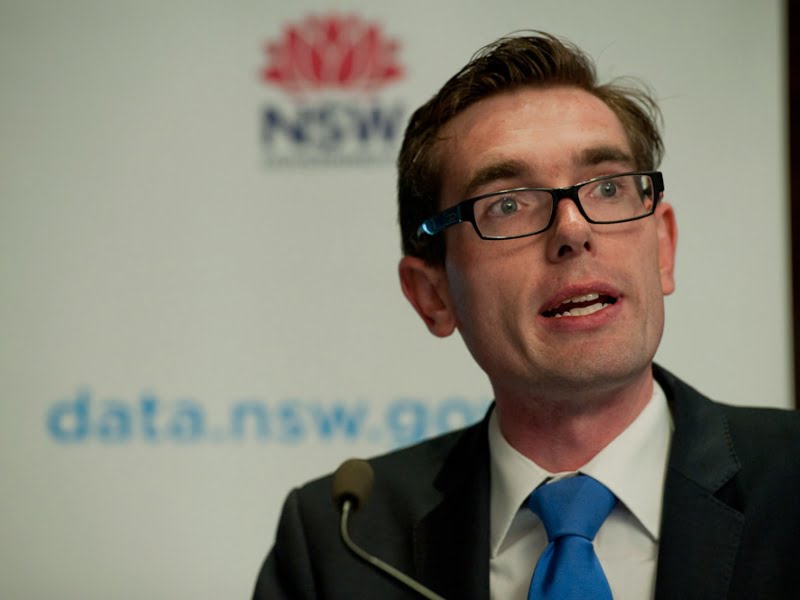The New South Wales government is considering sweeping deregulation to encourage innovation and boost the state’s productivity coming out of the pandemic, including continuing any temporary regulations enacted during COVID-19 “unless it can be shown there is no net public benefit”.
The advice comes from the state’s Commissioner for Productivity Peter Achterstraat, who on Tuesday released a whitepaper with 60 recommendations to “reboot” productivity.
The NSW Coalition government, which established the Commissioner for Productivity in 2018 to provide advice on macroeconomic reform and deregulation, said it will now consider the recommendations, although some have already been accepted following an interim report last year.
Mr Achterstraat’s recommended reforms sit across four “foundations”: talent, investment and innovation, housing and infrastructure, and natural resources.
Changes in select areas could see New South Wales increase its gross state product (GSP) by 2 per cent annually by 2021, an increase of more than $19 billion, according to the white paper, which has been in the works since the Commissioner was established.

According to the report, twice as many new regulations were created in the last decade in New South Wales compared to the one prior, and regulation are adding “costs” to the government, businesses and citizens of nearly $10 billion each year.
Reform proposals include longstanding and fundamental issues like implementing automatic mutual recognition for qualifications across jurisdictions and moving toward a best-practice regulatory framework.
The report also proposes loosening regulations on some technology areas like drones and personal mobility devices. It claims the two areas could generate net benefits of more than $250 million a decade with the right regulatory settings.
“The report helps pave the way to delivering a skilled and high-performing workforce to enable us to improve outcomes which will lead to higher wages and better-quality services for everyone,” Mr Achterstraat said.
“When we improve educational opportunities, from cradle to retirement, reduce road congestion and change the way we commute, we unlock greater efficiencies and improve our citizens’ quality of life.”
A key deregulation opportunity identified in the report is the continuation of the regulations set up or adjusted for COVID-19.
Changes like extended opening hours, takeaway liquor, “dark” kitchens, the use of virtual communications in the justice system, electronic signatures, should all be evaluated and allowed to continue “unless it can be shown there is no net public benefit”.
According to the report, the state government is already evaluating the temporary measures and expects to complete the process by the end of the year.
“We should not reverse temporary regulatory relaxations unless there is clear evidence that the costs outweigh the benefits,” the report said.
“In particular, there is a strong case to retain measures which let regulatory and legal formalities be completed digitally.”
NSW Treasurer Dominic Perrottet thanked Mr Achterstraat for his work on the report.
“I want to congratulate and thank Peter for the work he has done,” Mr Perrottet said.
“We will carefully consider the ideas in this report and our collective challenge is to debate these opportunities, identify those that we should proceed with, and then find practical pathways that lead to a better New South Wales as a result.”
Do you know more? Contact James Riley via Email.

